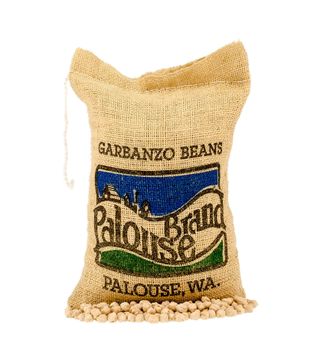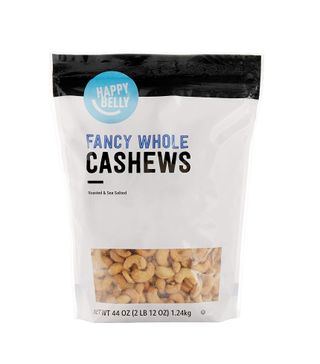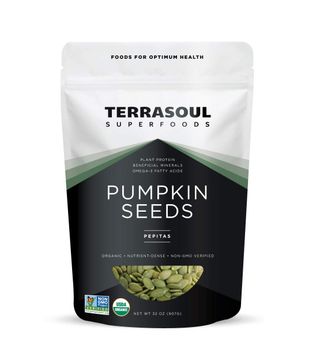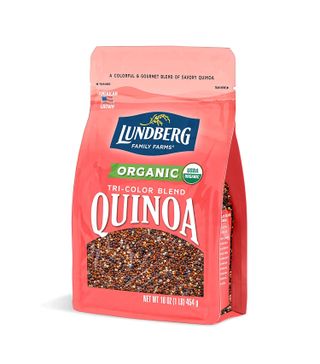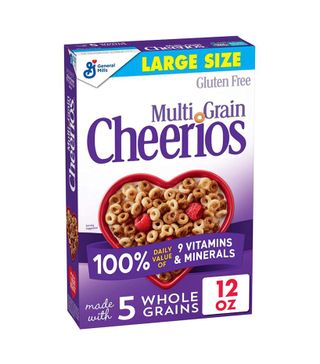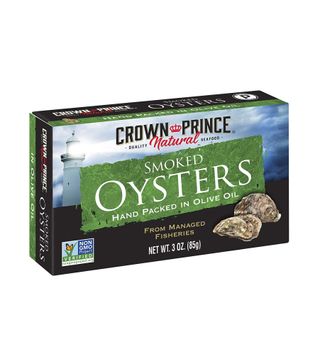This Is the Essential Mineral You Need for Immune Health

One of the most important nutrients for immune health is zinc. According to Harvard Health, since zinc is a trace mineral, your body only needs a small amount, but it's necessary for almost 100 enzymes to carry out vital chemical reactions. The mineral plays a role in the creation of DNA, growth of cells, building proteins, healing damaged tissue, and supporting a healthy immune system. It's essential for both your immune system and metabolism. The Mayo Clinic says it's also important for wound healing and your sense of taste and smell. And it has some skincare benefits, too.
So, yeah, it's pretty much a VIP nutrient for your body. The good news is that zinc deficiencies are not very common in North America. You can get zinc through your food if your diet is well-balanced and varied. The recommended daily amount of zinc for adult women is 8 milligrams, and for adult men, it's 11 milligrams.
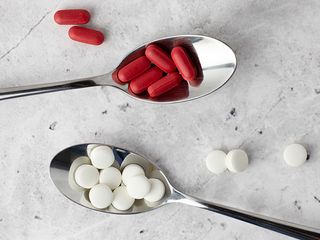
There are some times when you might have to take zinc in supplement form if you're not getting enough of it through your diet. Speaking to your doctor and/or a dietitian can help you figure out if you're not getting enough of the mineral.
It's important to note that you should consult with a healthcare professional first before taking zinc because too much of it can have some adverse effects. If you're getting too much zinc, you can experience symptoms like nausea, vomiting, loss of appetite, stomach cramps, diarrhea, and headaches. And if overconsumption is prolonged, you might have low copper levels, lower immunity, and low levels of HDL cholesterol (the "good" cholesterol). Zinc can also interfere with some medications, so again, check with your doctor first.
But if you do need to take a zinc supplement, take a look at these highly rated options below.
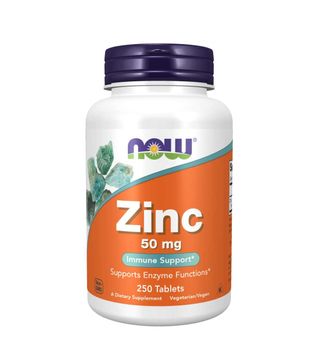
NOW is an expert-recommended supplement brand because it's trusted and has high-quality ingredients. Its zinc formula is vegan, soy-free, kosher, non-GMO, halal, and sugar-free.
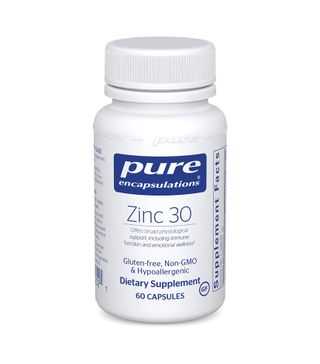
Pure Encapsulations is another brand recommended to us. These zinc supplements are free of unnecessary binders, fillers, and preservatives.
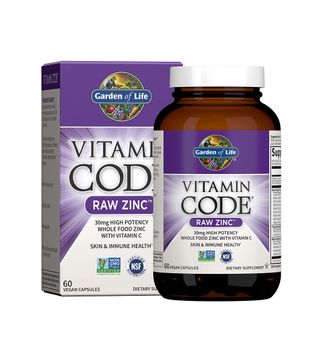
Garden of Life's zinc supplement also contains 60 milligrams of vitamin C to help with absorption and utilization.
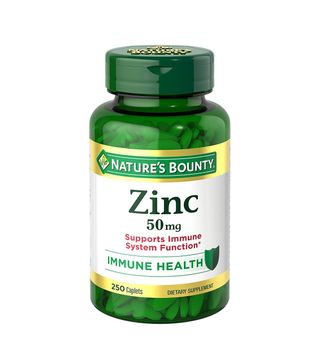
Zinc can also function as an antioxidant, so it gives free radical protection. These caplets are non-GMO and sugar- and gluten-free.
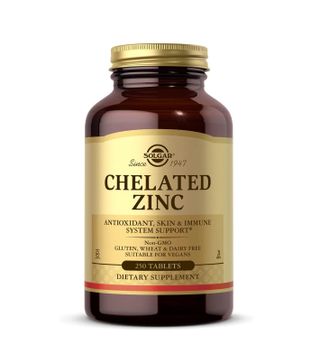
These supplements have a patented chelated form of zinc which promotes optimal absorption.
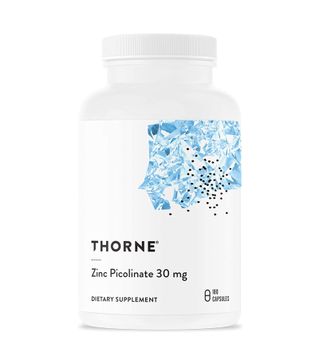
Thorne is another trusted supplement brand by the experts. This particular form of zinc is used in many clinical studies and has greater absorbability than other supplements.
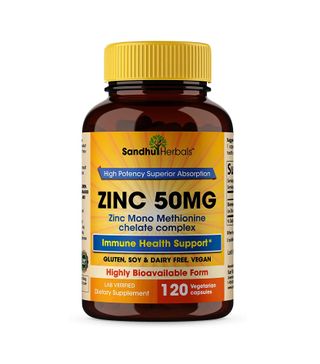
In addition to supporting immune health, these supplements can also support reproductive health, cognitive ability, and energy levels.
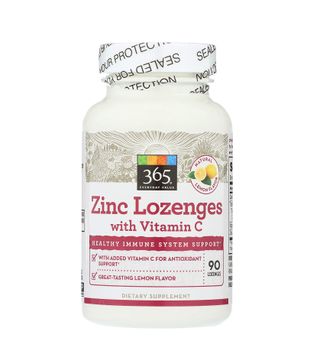
If you don't like taking capsules, you can take your zinc in lozenge form. These will dissolve in your mouth and have a natural lemon flavor. They're also formulated with vitamin C for an antioxidant boost.
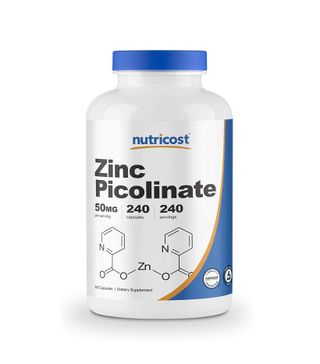
These capsules contain potent, high-quality zinc and are non-GMO and gluten-free.
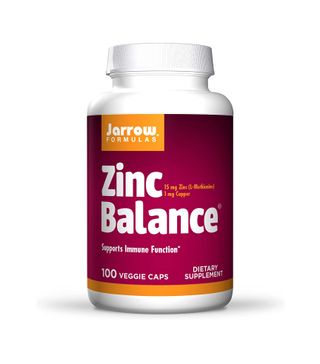
Jarrow is another expert-recommended brand—it's NSF-GMP certified and USDA Organic certified. This formula also contains copper since supplemental zinc can deplete copper.
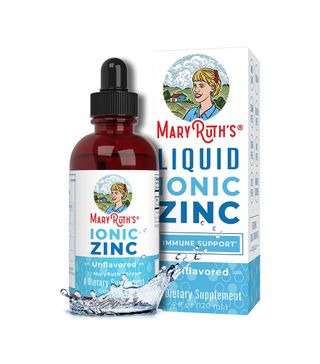
You can also get your zinc in liquid form. The drops are unflavored and easy to take, especially if you have a hard time swallowing pills.
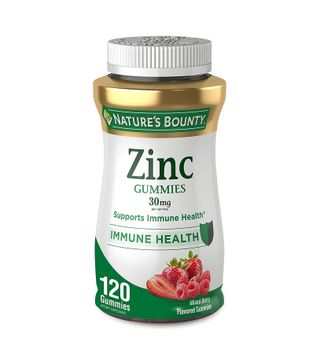
And you can also get zinc in gummy form. These are mixed berry flavored and have no artificial flavors or sweeteners.
Foods With Zinc
And if you want to update your diet to ensure you're getting more zinc, try adding these zinc-rich foods to your meal prepping.
Legumes
Legumes are vegetarian-friendly sources of zinc. Though, according to Harvard Health, they do contain phytates, which might lower its absorption.
Nuts and Seeds
Seeds and nuts (like cashews, almonds, and pumpkin seeds) also contain high amounts of zinc.
Whole Grains
Like legumes, whole grains are sources of zinc, but they contain phytates, too.
Fortified Breakfast Cereals
According to the National Institutes of Health, many ready-to-eat cereals are fortified with zinc.
Shellfish
Shellfish, like oysters, crab, and lobster, are also good sources of zinc.
Next: The Nutrient to Add to Your Diet for a Stronger Immune System
Disclaimer
This article is provided for informational purposes only and is not intended to be used in the place of advice of your physician or other medical professionals. You should always consult with your doctor or healthcare provider first with any health-related questions.
Sarah is lifestyle writer and editor with over 10 years of experience covering health and wellness, interior design, food, beauty, and tech. Born and raised in Los Angeles, she attended New York University and lived in New York for 12 years before returning to L.A. in 2019.
In addition to her work on THE/THIRTY and Who What Wear, she held editor roles at Apartment Therapy, Real Simple, House Beautiful, Elle Decor, and The Bump (sister site of The Knot).
She has a passion for health and wellness, but she especially loves writing about mental health. Her self-care routine consists of five things: a good workout, “me” time on the regular, an intriguing book/podcast/playlist to unwind after a long day, naps, and decorating her home.
-
 This Beauty Blogger's Wind-Down Routine Is Anything But a Snooze
This Beauty Blogger's Wind-Down Routine Is Anything But a SnoozeSee her go-to workout and her favorite vitamins.
By Virginia Yapp
-
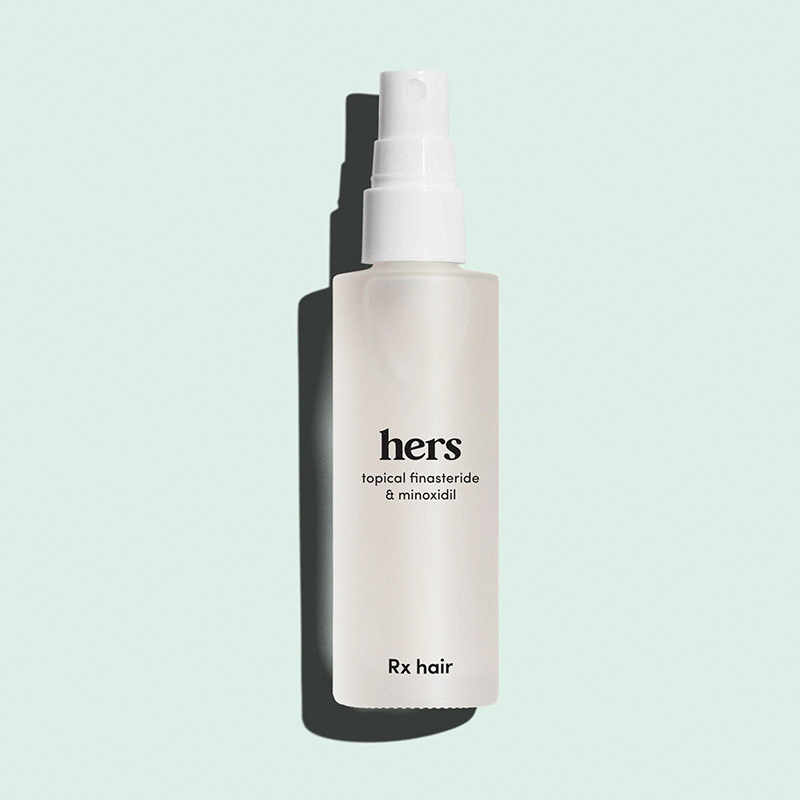 13 Products That Will Step Up Your Self-Care Game From Home
13 Products That Will Step Up Your Self-Care Game From HomeGet that glow from within.
By Natalie Gray Herder
-
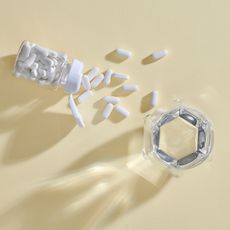 Don't Forget This Vital Ingredient When It Comes to Gut Health
Don't Forget This Vital Ingredient When It Comes to Gut HealthIt's crucial.
By Sarah Yang
-
 FYI: This Vitamin Affects Your Skin, Immune System, and Eye Health
FYI: This Vitamin Affects Your Skin, Immune System, and Eye HealthIt's a big deal.
By Sarah Yang
-
 This Fatigue-Fighting Solution Might Be Better Than a Cup of Coffee
This Fatigue-Fighting Solution Might Be Better Than a Cup of CoffeeIt will give you a boost.
By Sarah Yang
-
 Taking This Supplement Improves Sleep, Regulates Blood Pressure, and More
Taking This Supplement Improves Sleep, Regulates Blood Pressure, and MoreIt's an essential mineral.
By Sarah Yang
-
 The Only Wellness Deals Worth Buying on Amazon Prime Day
The Only Wellness Deals Worth Buying on Amazon Prime DayTime to shop.
By Sarah Yang
-
 Taking This Daily Supplement Can Give You Whole-Body Protection
Taking This Daily Supplement Can Give You Whole-Body ProtectionAre you getting enough of it?
By Sarah Yang
